Do you have a slug problem in your garden? If so, you’re not alone. Slugs can be a real nuisance for gardeners, and it can be hard to get rid of them. In this guide, we will answer all of your questions about slugs.
We will give you tips on how to get rid of them, as well as the benefits of having them in your garden. You may be surprised to learn that slugs aren’t always bad!
What Attracts Slugs to Your Garden?
There are a few things that can attract slugs to your garden, such as:
- Moisture: If your garden is very wet or damp, slugs will love it and you might find them all over.
- Food: If you have a lot of plants or vegetables, it’s not surprising that slugs might be drawn to their abundance.
- Shelter: If your garden has a lot of leaf litter or other debris, slugs may like it there. [1]
The Benefits of Slugs and Snails
In fact, slugs and snails are a vital part of the ecosystem and play an important role in decomposition. Here are some of the benefits of having slugs and snails in your garden:
- Slug and snail activists should stop what they’re doing because these garden pests are actually really helpful. Their slimy bodies help break up compacted soil, making it easier for water as well as nutrients to reach plant roots!
- You may not think of it as a good luck charm, but snails and slugs are actually quite helpful for your garden. These creatures eat away at leaves, which would otherwise be pointless in the compost pile. They break down these materials into nutrient-rich food!
- Slugs and snails can be a nuisance in gardens, as they are attracted to moisture. These creatures can be found all over the world, but they are especially common near stream sides or other areas with high levels of humidity. The more predators that eat these guys, the less likely they are to attack humans.
- Slugs and snails can be beneficial to your garden. They help keep the soil healthy by aerating it and adding organic matter. They also control pests in the garden. [2]
The Drawbacks by Slugs and Snails
The downside to having slugs and snails is that they’re known disease carriers. If you have an infestation, it is best to consult a professional. You should also take steps yourself, like making sure your garden stays well-watered so these pests don’t thrive there too!
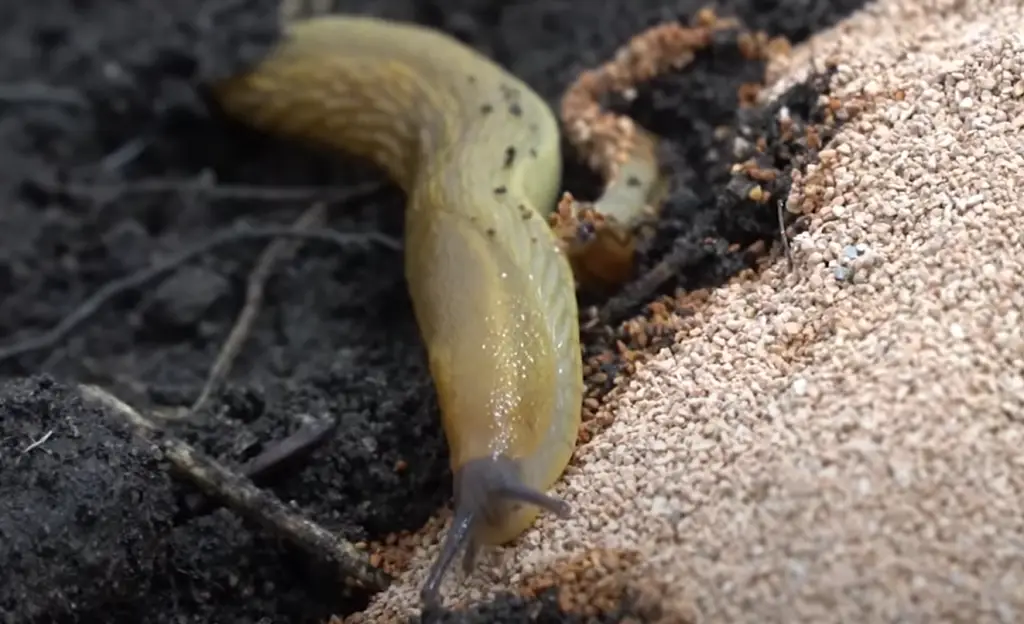
There are a few natural solutions you can try to get rid of pests in your garden.
- One is to encourage predators into your garden.
- Another is to make your garden less hospitable for slugs or snails, depending on which pest you are trying to get rid of.
All in all, it is important that we act fast to fix the damage that has already been done. This will take some time, no matter what method we use.
In the meantime, here are a few tips to help you get started:
- Garden pests like slugs and snails can do a lot of damage to your plants, so it’s important to inspect your garden regularly and remove them by hand or with a trap if possible
- Clean your garden and get rid of any debris where these pests can hide.
- Water your plants in the morning so that the leaves will have time to dry before nightfall. Slugs and snails are more active at night, so you don’t want them eating your leaves!
- You can encourage predators like frogs, toads, ducks, and chickens into your garden. They will help keep the population of slugs and snails in check.
- There are bait or traps specifically designed to catch these pests.
- If you decide to use a chemical control, be sure to follow the instructions carefully. Improper use of pesticides can harm people, pets, and the environment. [2]
What Kind of Damage Do Slugs Do?
The slug, with its slimy body and love for plant life is one of the worst garden pests. They feed on leaves and flowers, which can cause damage to both. They can leave green patches on leaves or flowers. These can turn into brown spots.
If they are not checked, they can lead to the complete loss of sight. Their docile nature means you will have a hard time getting rid of them once they infest your home. This is because they are very slippery, which only attracts more types of creatures that may want to share their dinner table with you!
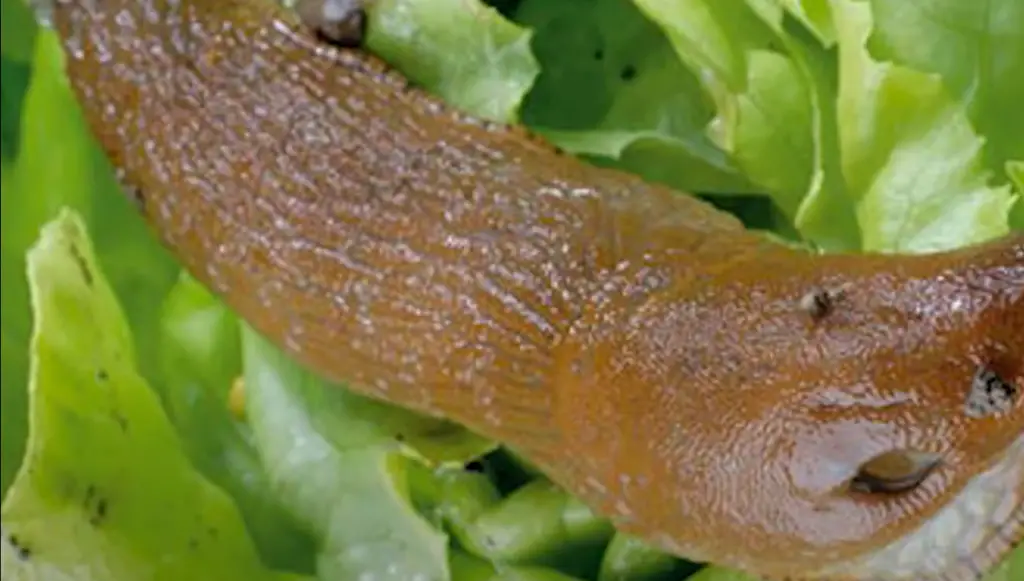
If you are struggling to get rid of slugs in your garden, there are a few things that can help.
- One option is to set out traps filled with beer or products containing iron phosphate. This pathogen isn’t harmful to people and pets but deadly for the slugs.
- You can also pick them off by hand if they haven’t infested too many parts of their domain yet (just be careful not to touch them!).
- You can control the slug population in your garden with a little patience and effort. Slugs are slimy creatures that can offer many benefits to your garden. [1]
Are Slugs Useful for Anything?
Slugs are actually very helpful creatures. They help to break down organic matter, which makes the soil richer and healthier so that plants can grow better. This is because slugs eat things like aphids and caterpillars, which would otherwise harm the plants.
If you have a slug problem, it is important to take action quickly. Slugs can leave a trail of slime that will attract other pests.
There are different ways to get rid of slugs from your garden. You can handpick them, use traps or chemicals. Some people also like to encourage predators such as ducks to eat the slugs.
Whatever method you choose, it is important to be consistent.
What Repels Slugs in the Garden?
Keep your garden clean and free of debris where slugs can hide to avoid a harmful encounter. If you have plants, you can use products like diatomaceous earth or coffee grounds as natural barriers around them to stop the pests from eating them.
Another way to keep slugs out of your garden is to attract their predators. Toads, snakes, lizards, birds, and beetles all love to eat slugs. You can create a habitat for these creatures by providing hiding places and food sources. You can also buy ladybugs and release them into your garden, as they love to eat other common garden pests.
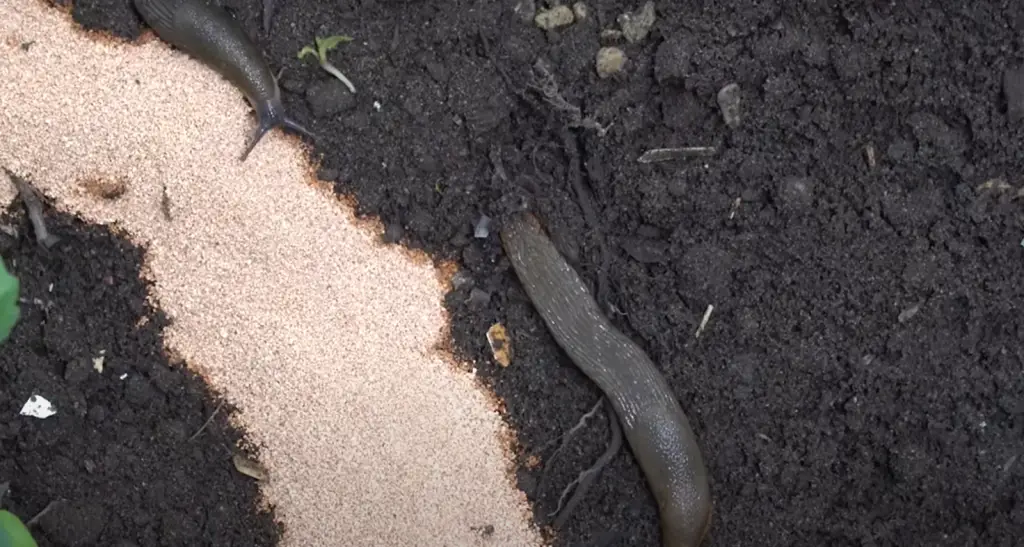
Hand picking slugs is the best way to keep them out of your garden. It’s tedious work, but it feels great when you’re done removing all those pesky little pests from around plants!
If they come back for another round with this method, then there will be no stopping their return visitations until after heavy rains or other wet conditions have passed.Controlling Snails and Slugs
There are a few different ways to get rid of snails from your garden.
- One way is to use ground beetles, snakes, toads, some birds, and certain types of wasps.
- Another way is to try using traps or barriers. Some people use copper strips around the perimeter of their garden beds as a snail-proof barrier.
If you have a lot of snails or slugs, you can try using bait. These are usually pellets that contain iron phosphate. This is a natural element found in soil. When the snails and slugs eat the bait, they stop being able to absorb calcium from the soil. This eventually kills them. Just be sure to keep baits away from children and pets.
You can also use chemical pesticides to kill the bugs in your garden. These pesticides are usually effective, but they can also be harmful to other creatures in your garden, including beneficial insects. If you go this route, be sure to follow the instructions on the label carefully.
Remember, snails and slugs are a natural part of the environment. They can help keep your garden healthy by eating decaying vegetation. Before you reach for the pesticides, try some of these more natural methods of control. Your garden – and the environment – will thank you for it. [2]
Ways to Naturally Get Rid of Slugs
One is to encourage their natural predators to hang out in your garden. Toads, snakes, ground beetles, centipedes, and birds all love to feast on slugs. You can trap slugs by putting a board or piece of cardboard on the ground overnight. In the morning, turn it over and see how many slugs are under it.
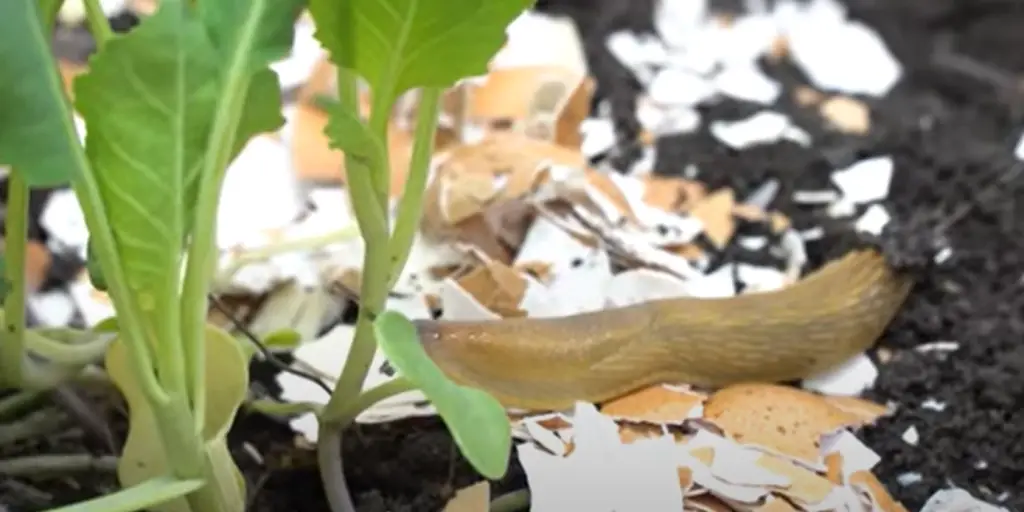
You can then remove them by hand or release them into a different area of your yard. Finally, you can make your garden less attractive to slugs by making sure it is well-lit and free of debris where they could hide during the day.
If you have a lot of slugs, you might need to use a chemical control. One option is iron phosphate which is safe for children and pets. Another option is a product with met aldehyde, but this can be toxic if eaten. Follow the directions on the product label carefully.
FAQ
Should I Leave Slugs?
This is a difficult question to answer because it depends on your personal circumstances. If you have a lot of plants in your garden, then you should probably remove them. However, if you only have a few plants, then leaving them may not make much difference.
Another factor to consider is whether or not the slugs are eating your plants. If they are causing damage to your plants, then it is probably best to remove them. However, if they are not causing any damage, then you may want to leave them be.
Ultimately, the decision of whether or not to remove slugs from your garden is up to you. If you have any concerns, it is best to speak to a professional gardener for advice.
Do Slugs Do Anything Beneficial?
Slugs are often considered pests because they eat dead and decaying plant matter, weed seeds, and soil. However, they can actually be beneficial to gardens in several ways. For example, slugs eat dead and decaying plant matter, which helps clean up the garden and recycle nutrients back into the soil.
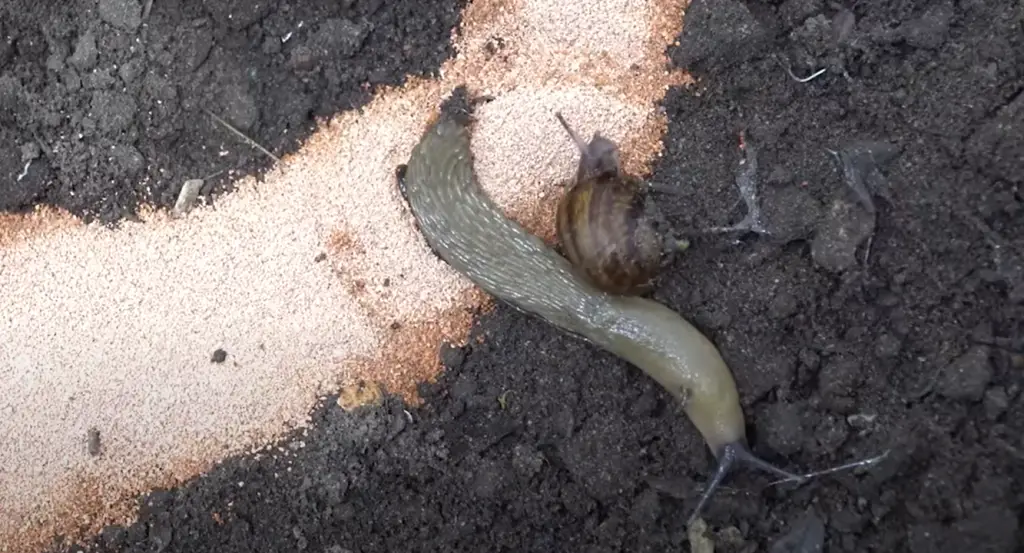
They also eat weed seeds, helping to prevent them from germinating. In addition, slug mucus contains a substance called chitin, which can help improve the texture of sandy soils.
Slugs can be harmful to gardens. They eat a lot of plants, which can damage your garden. In addition, their mucus can sometimes transmit diseases from one plant to another. If you have a problem with slugs damaging your plants, there are a few things you can do to control them.
There are a few ways to control the slugs in your garden.
One is to attract predators into your garden that eat slugs, such as frogs, toads, snakes, lizards, birds, and hedgehogs. You can also try using traps, such as boards or pieces of cardboard, to attract and then collect slugs.
Another method is to hand-pick them off your plants and drop them into a bucket of soapy water which will kill them.
Why Are There So Many Slugs in My Garden?
Slugs are most active in humid weather, so if your garden is particularly wet or damp, that could be why you’re seeing more of them. Another reason could be that there’s a lot of food for them to eat! Slugs love eating soft, new growth on plants – so if your plants are looking particularly tasty to them, that could be another reason for the population boom.
There are a few things you can do to try and reduce the number of slugs in your garden.
- One is to make sure you’re not over watering – if your plants are well-watered, they’re more likely to attract slugs.
- Another is to remove any dead leaves or other organic matter from your garden – this can provide shelter for slugs and give them a place to lay their eggs.
- Finally, you can try using a slug bait – this will kill the slugs (and any other creatures that eat it), but should be used as a last resort, as it can also be harmful to pets and wildlife.
Do Slugs Harm Anything?
Slugs will consume just about anything in your garden, including tender young plants, leaves, flowers, and fruit. In high enough numbers, slugs can destroy an entire crop. They’re especially fond of eating hostas, lettuces, and strawberries. Slugs also eat other slugs. So if you have a slug problem, getting rid of them can be difficult.
Slugs are not fussy eaters, so they will also feast on decaying matter such as dead leaves and rotting fruit. This makes them important members of the ecosystem because they help to recycle nutrients back into the soil. Slugs also provide a food source for many predators including hedgehogs, toads, and some birds.
Where Do Slugs Go During the Day?
The answer, it turns out, is quite simple. Slugs are nocturnal creatures, so they spend their days hiding in dark places like under rocks or in damp crevices. This is why you’re more likely to see them out and about at night.
But why do they come out at night? Slugs are drawn to the cool, moist conditions that are more prevalent after dark. This is because they need to keep their bodies hydrated – if a slug dries out, it will die. So, if you’re wondering where slugs go during the day, now you know!
What Do Slugs Hate Most?
Slugs hate the cold, so they are most active at night when it’s warm. They also hate salt and being dried out, so a salt barrier or drying them out with diatomaceous earth can help keep them away from your plants. Finally, they hate light, so a flashlight can help you find them so you can remove them by hand.
What do slugs eat? Slugs are mostly herbivores, but some species are known to be cannibals. They usually eat soft-leaved plants like lettuce, cabbage, and hostas. However, they will also eat just about anything else if they’re hungry enough, including other slugs.
What attracts slugs? Slugs are attracted to moist conditions and will often congregate in shady, humid areas like mulch beds or under pots. They are also attracted to light, so you may see them on sidewalks or patios at night.
Useful Video: Slugs! What do they do and why are they here? | The Bristol Nature Channel
Conclusion
Slugs are a gardener’s best friend! Slugs may seem slimy and like they’re just eating your plants, but they actually play an important role in the garden ecosystem. By eating decaying plant matter, they help to break down organic material and recycle nutrients back into the soil.
They also prey on other harmful pests, so having a few slug friends in your garden can actually help keep things under control. If you’re not too keen on sharing your garden with these little creatures, there are ways to encourage them to move along without harming them. You can get rid of slugs by using salt or beer traps. The slugs will go into the traps without being hurt, and then you can dispose of them easily.
Have you ever tried using slugs in your garden? Let us know how it went in the comments below!
References:
- https://growfully.com/how-to-get-rid-of-slugs/
- https://www.treehugger.com/slugs-snails-in-garden-5323064





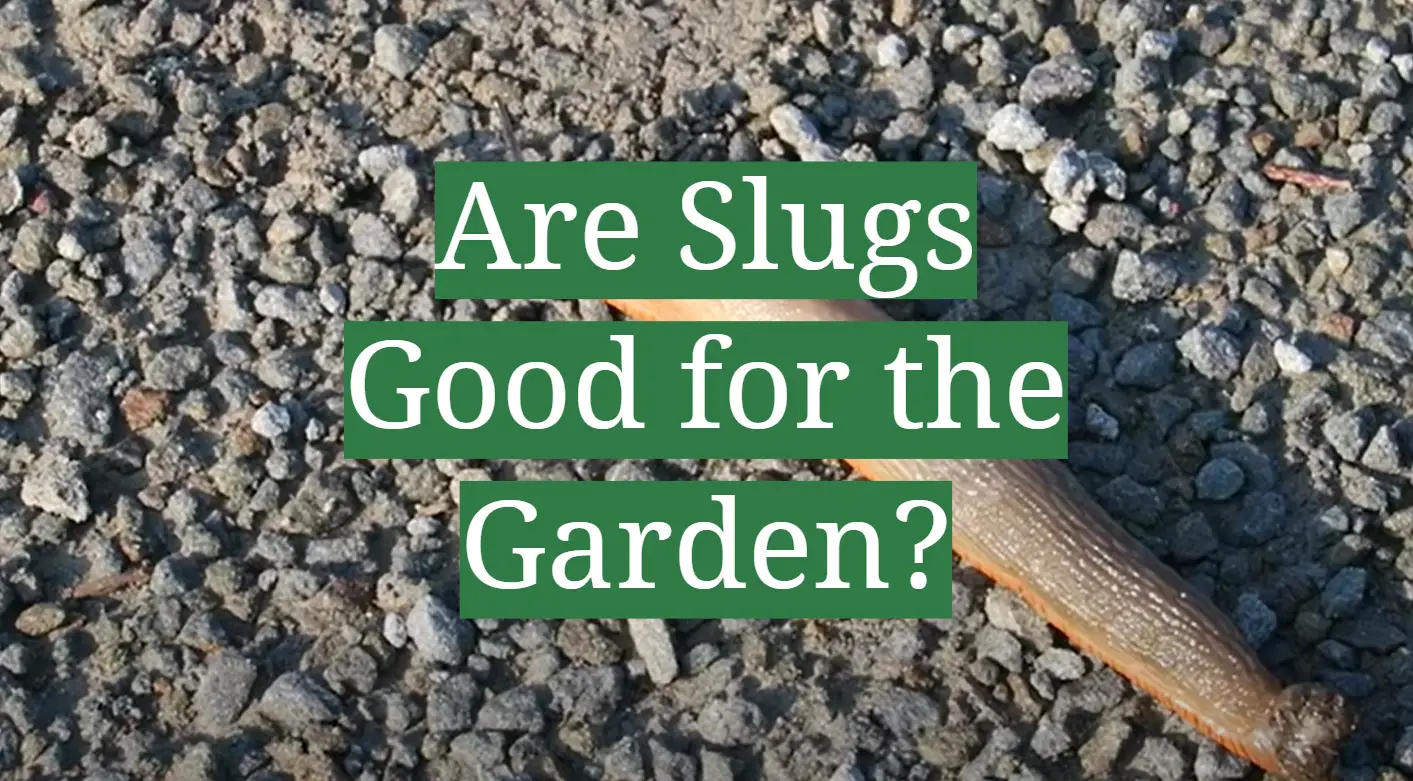
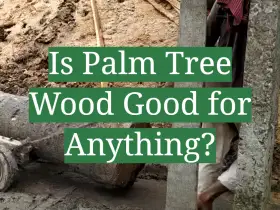
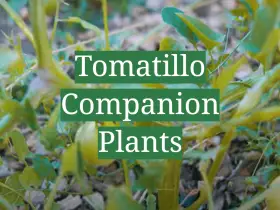
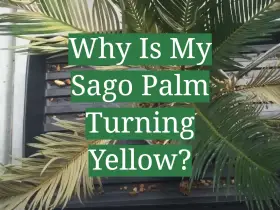
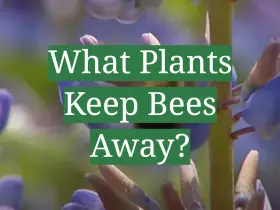
Leave a Reply
View Comments